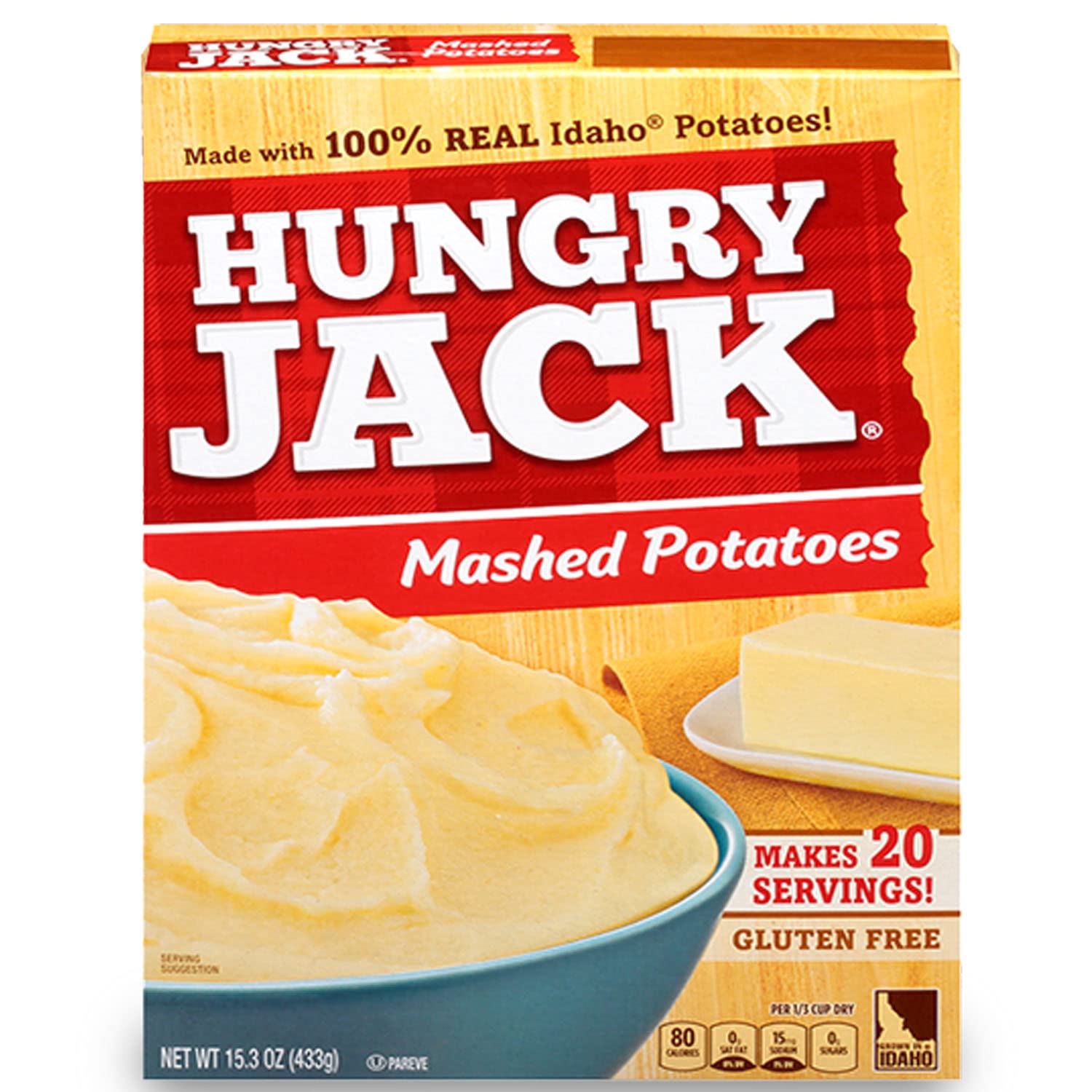



Price: $8.14 - $7.45
(as of Apr 10, 2025 18:44:54 UTC - Details)
The Best Potatoes for Mashed Potatoes: A Comprehensive Guide
Introduction
When it comes to making the perfect mashed potatoes, the type of potatoes you choose plays a crucial role. If you’ve ever wondered what the best potatoes for mashed potatoes are, you’re in the right place. This guide will explore various potato types, their qualities, and how they can affect your mashed potato game. Whether you’re preparing a family dinner, a holiday feast, or just a comforting side dish, knowing which potatoes to use will elevate your dish to new heights.
Understanding the Best Potatoes for Mashed Potatoes
1. Choosing the Right Type: Starchy vs. Waxy Potatoes
One of the first decisions you’ll need to make is whether to go with starchy or waxy potatoes. Starchy potatoes, such as Russets, are known for their fluffy texture. They absorb butter and cream beautifully, making them ideal for rich, creamy mashed potatoes. On the other hand, waxy potatoes like Red Bliss or Yukon Gold hold their shape better and create a denser texture. If you prefer a lighter, fluffier mash, opt for starchy potatoes. For a creamier, more flavorful mash, waxy potatoes might be your best bet.
2. Russet Potatoes: The Classic Choice
Russet potatoes are often hailed as the best potatoes for mashed potatoes. Their high starch content makes them incredibly fluffy when cooked. When you boil or bake them, the insides become light and airy, perfect for mashing. To prepare, simply peel, chop, and boil them until tender. Then, mash with your favorite ingredients—milk, butter, and seasoning—and enjoy! Their neutral flavor pairs well with various dishes, so you can't go wrong with this classic choice.
3. Yukon Gold Potatoes: A Perfect Balance
Yukon Gold potatoes offer a unique balance between starchy and waxy. Their creamy texture makes them an excellent choice for mashed potatoes. They have a buttery flavor that enhances the overall dish. The skin is thin, so you can choose to leave it on for added texture and nutrients. To prepare Yukon Golds for mashing, simply boil them until fork-tender, then mash with cream and a bit of garlic for an aromatic twist. The result is a mash that’s both smooth and flavorful.
4. Red Potatoes: For a Chunky Style
If you enjoy a chunkier style of mashed potatoes, consider using Red potatoes. Their waxy texture means they hold their shape when boiled, creating a delightful contrast in your mash. You can leave the skins on for added color and nutrients, making your dish visually appealing and nutritious. To make red potato mash, boil the potatoes until soft, then mash with butter, sour cream, and chives for a refreshing side that’s perfect for BBQs or casual dinners.
5. Fingerling Potatoes: A Gourmet Touch
For something a bit different, fingerling potatoes can add a gourmet touch to your mashed potatoes. These small, elongated potatoes have a buttery flavor and a unique texture. While they may not be the traditional choice, they can make for an impressive side dish. Boil them whole until tender, then mash lightly with olive oil and herbs for a colorful and flavorful option. This mash is perfect for special occasions or when you want to impress your guests.
6. Sweet Potatoes: A Flavorful Alternative
If you’re looking to switch things up, sweet potatoes offer a delicious alternative to traditional mashed potatoes. They have a natural sweetness and a creamy texture that pairs well with savory dishes. To prepare, peel and boil the sweet potatoes until soft, then mash with a bit of cinnamon and maple syrup for a sweet twist. This version is not only tasty but also packed with nutrients, making it a great option for health-conscious eaters.
7. Cooking Techniques: Boiling vs. Baking
Your cooking technique can also affect the outcome of your mashed potatoes. Boiling is the most common method, but baking can yield a different texture. When you bake potatoes, they dry out slightly, resulting in a fluffier mash. If you choose to boil, ensure you don’t overcook the potatoes, as this can lead to a watery mash. Experiment with both methods to find your preferred texture.
Conclusion
In conclusion, the best potatoes for mashed potatoes depend on your personal preferences and the dish you are preparing. Starchy potatoes like Russets are perfect for fluffy, classic mashed potatoes, while Yukon Golds offer a creamy alternative. Waxy potatoes like Red Bliss provide a chunkier texture, and fingerlings bring a gourmet touch to the table. Sweet potatoes can add a fun twist to your meal. Regardless of the type you choose, the key is to understand their properties and how they transform during cooking. With this guide, you’re well on your way to mastering the art of mashed potatoes. Enjoy the process, and happy cooking!
Mashed Potatoes
Made with 100% real potatoes!
Naturally flavored Gluten free
Certified 100% Idaho potatoes
Grown in Idaho
